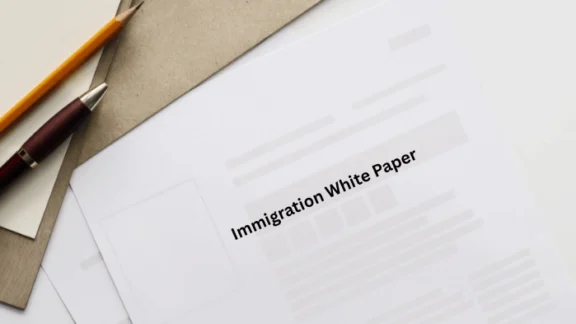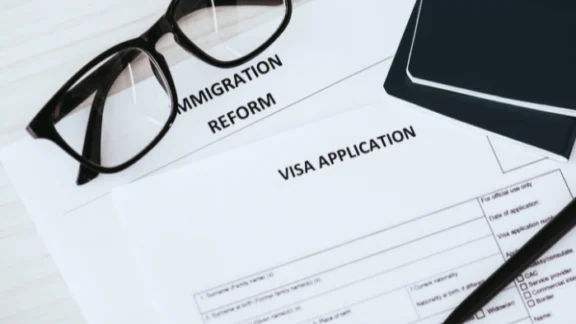UK Immigration Insights
Stay informed with expert insights and the latest updates on UK immigration law and regulations from our specialist immigration lawyers and solicitors. Explore articles covering UK work visas, family visas, business visas and more.


